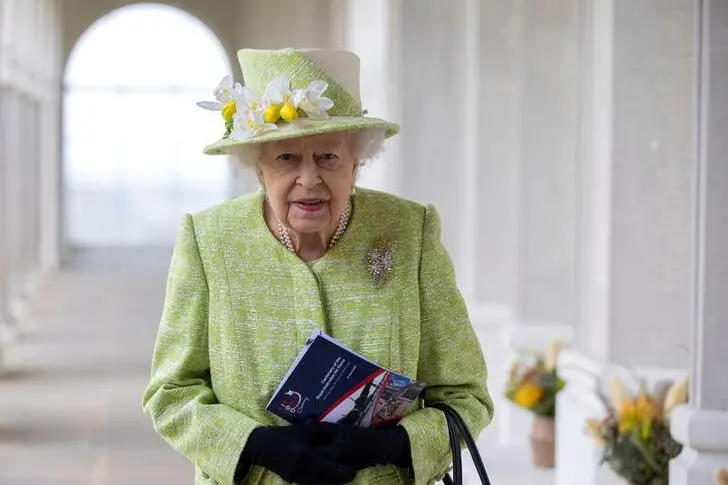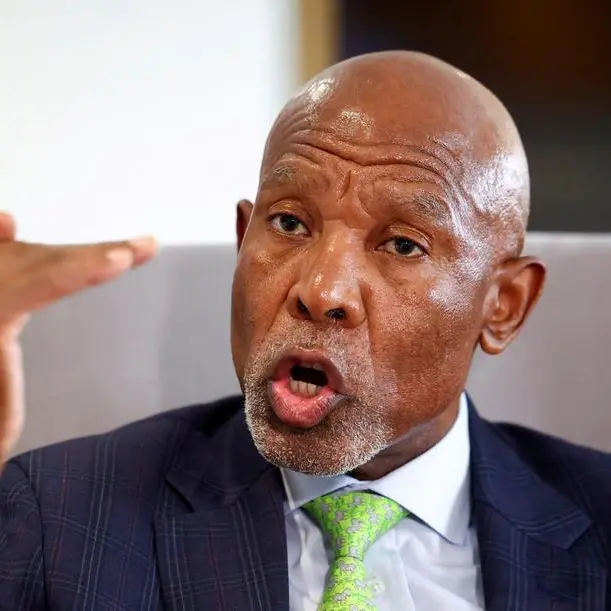PHOTO
The Queen’s Speech on Tuesday not only signaled a new UK lawmaking cycle — probably the last full one of this parliament — but also the growing possibility of a snap general election before 2024. While its provisions are mainly domestically focused, they have important international implications too, including new boycott, divestment and sanctions legislation that could impact the Middle East, specifically Israel.
One of the consequences of last week’s “Super Thursday” ballots, with the Conservatives performing better than expected in England, is the possibility of a snap general election. If polling numbers remain elevated for Prime Minister Boris Johnson, he might be tempted to once again seek the ballot box benefit of this, especially with tax rises likely in the second half of the current parliament in order to pay for the massive increases in public spending since the coronavirus crisis began.
It is no coincidence here that one of the pieces of legislation announced in the Queen’s Speech was a bill to repeal the Fixed-Term Parliaments Act. Johnson wants to return to the pre-2010 era, when a prime minister could go to Buckingham Palace and ask the monarch to call a general election at a moment of their own choosing. This would return the electoral cycle to every four years or so, rather than the current fixed five-year term.
So, from the point of view of Johnson and his Cabinet, the principal point of the next 12 to 14 months will be to lay the foundations for the Conservative Party’s post-Brexit, post-pandemic offer for the next election. This is a ballot that many of the party’s MPs now expect in 2022 or 2023, rather than the official scheduled date of 2024, amid the rising issue of independence in Scotland and the legacy of Brexit, particularly in Northern Ireland.
In 2019, the Queen’s Speech had a heavy focus on Brexit, as the UK was preparing to leave the EU. Bills then included the now-enacted legal framework to help London strike new trade deals around the world. That episode was a highly controversial moment in Johnson’s premiership, as his initial attempt to hold a Queen’s Speech after becoming prime minister in July 2019 was blocked by the Supreme Court over the length of time parliament was to be closed — known as prorogation — before it was held. Critics said he was trying to stop MPs scrutinizing his Brexit plans and the suspension was far longer than necessary to hold such a speech, which eventually happened in October 2019.
Now that Brexit is less of an issue, the government this week announced a much broader program, with a package of more than two dozen bills covering topics from health and care reform to cracking down on online harms. The overall government theme is “build back better” from the pandemic following the unprecedented impact it has had by supporting jobs, businesses and the economy, while delivering commitments to create safer streets and neighborhoods and achieve net zero greenhouse gas emissions by 2050, for a cleaner, greener country.
However, it is not just UK audiences that will be interested in the forthcoming legislative agenda. The government has also introduced legislation to meet some of the new priorities recently published in a number of documents setting out its future priorities in foreign affairs, defense and international development. One issue that flowed from these reviews is a mooted boycotts, divestment and sanctions bill. This will stop public bodies from imposing their own views about international relations by preventing boycott, divestment or sanctions campaigns against foreign countries. The goal here is to align the foreign policy approach of all public bodies with that of the government.
The government is concerned that some public bodies are using public funds to impose their own approach to international relations via such campaigns, including against states like Israel. It says there are concerns that such boycotts may legitimize anti-Semitism.
The Queen’s Speech outlined planned efforts to prevent public institutions from carrying out independent campaigns against: Foreign countries, or those linked to them; the sale of goods and services from foreign countries; and UK firms that trade with such countries, where such an approach is not in line with UK government sanctions. The measures will “cover purchasing, procurement and investment decisions that undermine cohesion and integration.” Taken overall, Tuesday’s address has important international, not just domestic, implications. It could be the last full Queen’s Speech this parliament, as parties increasingly move into election mode post-pandemic and Johnson looks to a snap election in 2023 or even possibly 2022.
Andrew Hammond is an Associate at LSE IDEAS at the London School of Economics.
Disclaimer: Views expressed by writers in this section are their own and do not necessarily reflect Arab News' point-of-view
Copyright: Arab News © 2021 All rights reserved. Provided by SyndiGate Media Inc. (Syndigate.info).





















